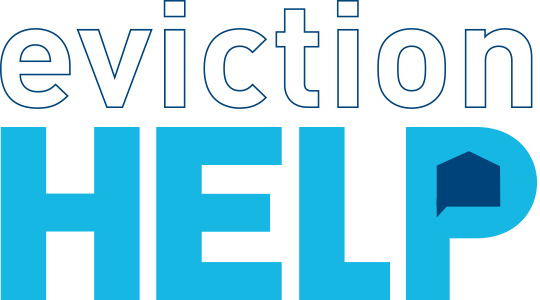
Connecticut already had some of the highest urban eviction rates in the country, and more than 80% of landlords had legal representation in eviction compared to just 7% of tenants.
Connecticut lawmakers passed groundbreaking legislation creating the right to counsel program to provide income-eligible tenants facing eviction or loss of their subsidized housing with free legal representation. Connecticut is just the third state to do so. Governor Lamont and the Connecticut General Assembly committed $20 million dollars in federal coronavirus relief funds for the first two years of the program’s phase-in.
What is the impact of legal representation for tenants?
Providing tenants with legal representation prevents evictions and their collateral consequences, such as homelessness or job loss, worse educational outcomes for children, poor physical or mental health, and difficulty accessing other rental housing for many years. It also provides a return on investment and saves state and local governments money overall on shelter costs, emergency services, homelessness prevention, and other collateral costs.
When tenants have a right to counsel in eviction cases, significantly fewer tenants are forcibly displaced, landlords start fewer eviction cases, and tenants no longer face the eviction process alone. Tenant lawyers can help tenants assess the strengths and weaknesses of their case and connect them to other resources, like rental assistance. Even where a tenant doesn’t have a defense to the eviction, attorneys can negotiate a fair move-out date, which can be the difference in avoiding homelessness. Right to counsel has proven results. In New York City, 86% of tenants facing evictions stayed in their homes, while in San Francisco the figure is 67%. Cleveland saw 93% of represented tenants avoid eviction or an involuntary move.

